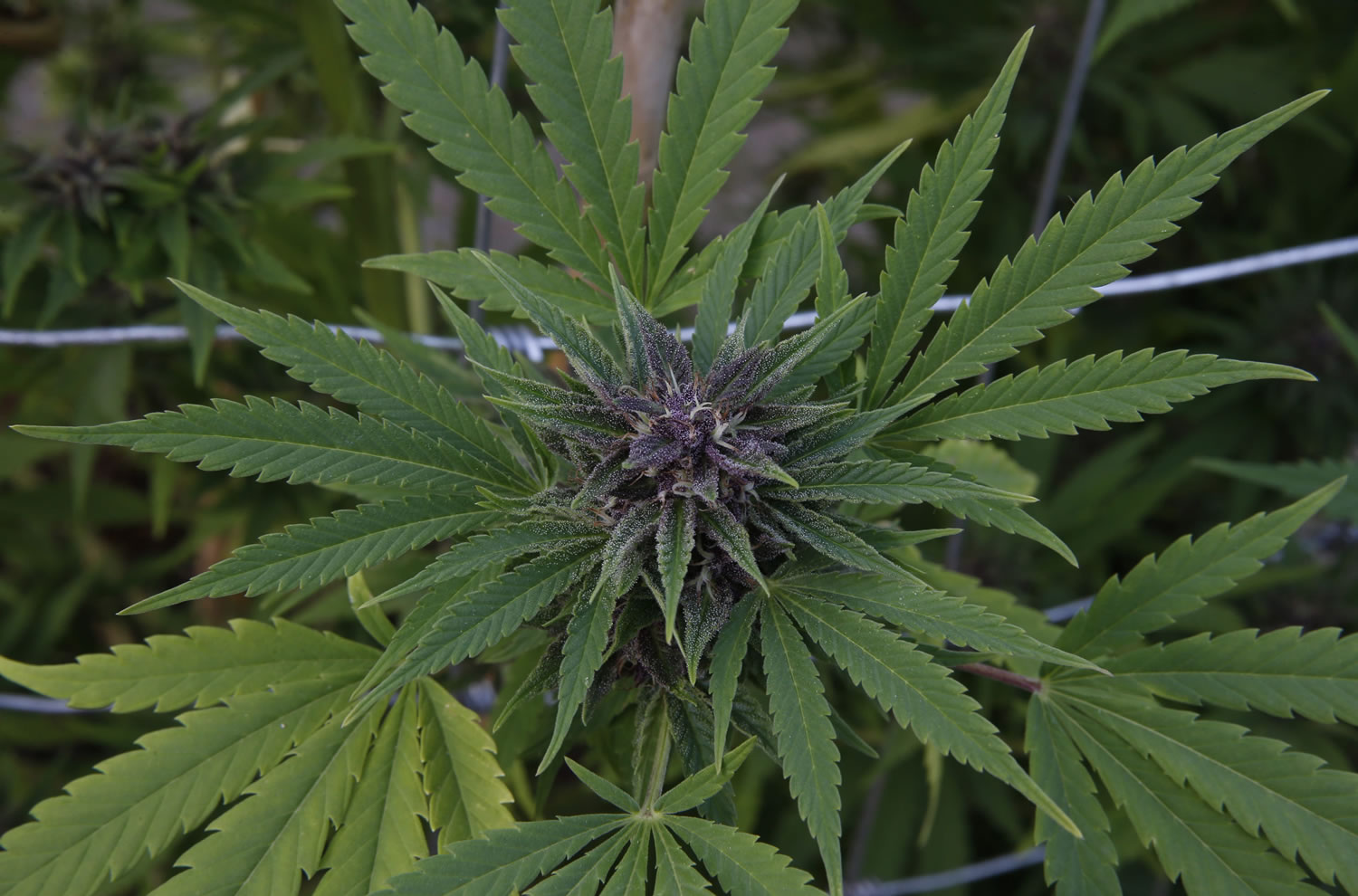Marijuana farmers may not be able to use federal water for their crops, but that likely won't affect Clark County growers, the region's only licensed grower said.
Brian Stroh, owner of CannaMan Farms, Vancouver's first licensed grower and processor, uses well water from his property to grow his marijuana plants.
Because of that, the U.S. Bureau of Reclamation announcement that federal water sources can't be used for marijuana won't affect him at all, he said.
And unless any new licensees are drawing their water from a local river, it probably won't affect them, either, Stroh said.
"Maybe that would apply to farmers in the unincorporated county, if the county dropped its ban on marijuana licenses," Stroh said. "But even then it would probably only apply to people that wanted to pull from the Lewis or Washougal rivers."
Growers in cities, whether indoors or outside, would likely be on municipal water supplies rather than federal ones, although water sources could be an issue in more rural parts of the state, he said.
"I grew up in farm country, and if you're going to pull water from a river, you have to have a (federal) water rights lease," Stroh said. "But in Clark County, no. I can't imagine it would be an issue for anyone here."
The Bureau of Reclamation made the policy announcement Friday, noting "Reclamation's obligation as a federal agency to uphold federal law prohibits it from approving the use of Reclamation water or facilities to facilitate activities prohibited by the (Controlled Substances Act of 1970)."
Marijuana is defined as an illegal drug with no medicinal value in the act.
The agency won't approve any requests for water from marijuana growers, and if Reclamation employees learn of any growers using federal water, they will report it to the U.S. Department of Justice, the announcement said.
The state Liquor Control Board, which licenses growers, doesn't track where applicants get their water, so its uncertain how many or how few of the applicants the ruling would impact, said Brain Smith, a spokesman for the agency.
"While this is not a (Liquor Control Board) licensing issue, it illustrates the many challenges facing Washington and Colorado's emerging recreational marijuana market when marijuana remains illegal under federal law," Smith said in an email to The Columbian.
He added that he hasn't heard of any cities in the state banning the use of municipal water supplies for that purpose.
The city of Vancouver doesn't plan to restrict use of municipal water supplies for licensed growers within its boundaries, said Bryan Snodgrass, a city planner who deals with marijuana issues.
"City water can be used under city rules," he said.
-- Sue Vorenberg



